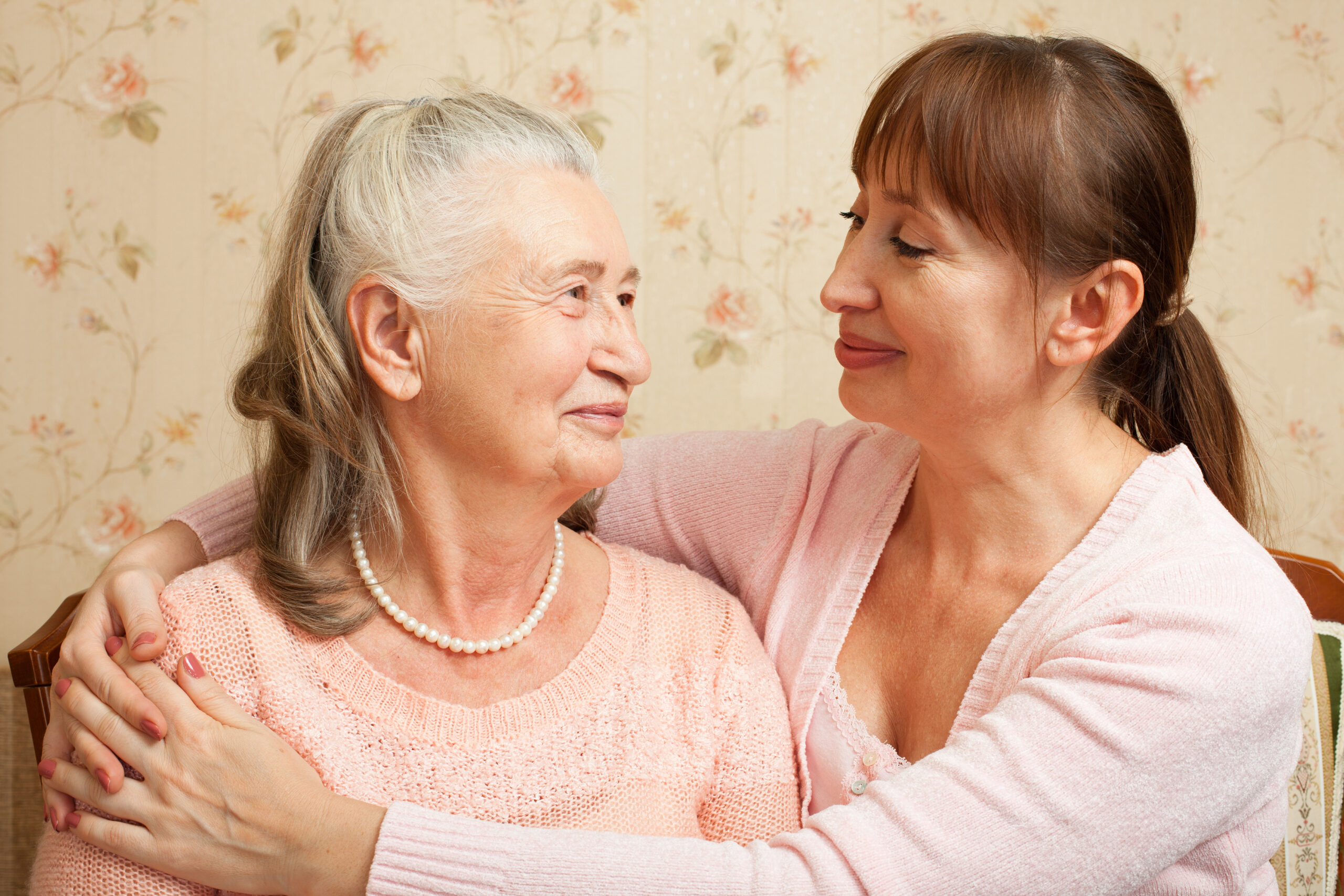The Social Justice That Forgot About Social Connection
The social justice movement today often focuses on fighting inequality, discrimination, and systemic problems. It aims to create a fairer society by addressing issues like racism, poverty, and LGBTQ rights. However, in its passionate pursuit of these goals, the movement sometimes overlooks a crucial element: social connection.
Social connection means the bonds between people—the friendships, trust, empathy, and sense of community that hold societies together. Without these connections, even the best intentions can fall short or cause unintended harm.
One problem is that parts of the social justice movement have become disconnected from everyday reality. Some ideas or demands come across as extreme or unrealistic to many outside the movement. This disconnect can lead to division rather than unity because it alienates people who might otherwise be allies. When activists use harsh language or cancel culture tactics without building bridges first, it often pushes others away instead of bringing them closer.
Another issue is how online spaces shape social justice efforts today. Social media allows activists to share messages widely and quickly build communities around causes. But it also creates filter bubbles where people mostly hear opinions like their own and rarely engage with different perspectives. This environment can amplify anger and envy but reduce understanding between groups.
Moreover, some well-meaning influencers may oversimplify complex problems for attention or personal branding rather than fostering deep dialogue needed for real change.
Research also shows that framing modern struggles strictly as civil rights battles—comparing them directly with historic movements—can backfire by making current issues seem less urgent in comparison. People may feel disconnected from these comparisons if they idealize past movements without seeing how today’s challenges are unique yet equally important.
What this all points to is a need for balance: pursuing justice while nurturing genuine human connection across differences. Social change requires not just calling out injustice but also listening carefully to others’ experiences and fears without judgment; building trust through respectful conversation; creating inclusive spaces where everyone feels heard; and recognizing shared values that unite rather than divide us.
In other words, social justice should not only be about correcting wrongs but about weaving stronger ties among all members of society so we move forward together—not apart—even when disagreements arise.
By remembering this fundamental truth—that we are deeply interconnected humans—we can make progress toward fairness while preserving compassion and community at the heart of our efforts.





